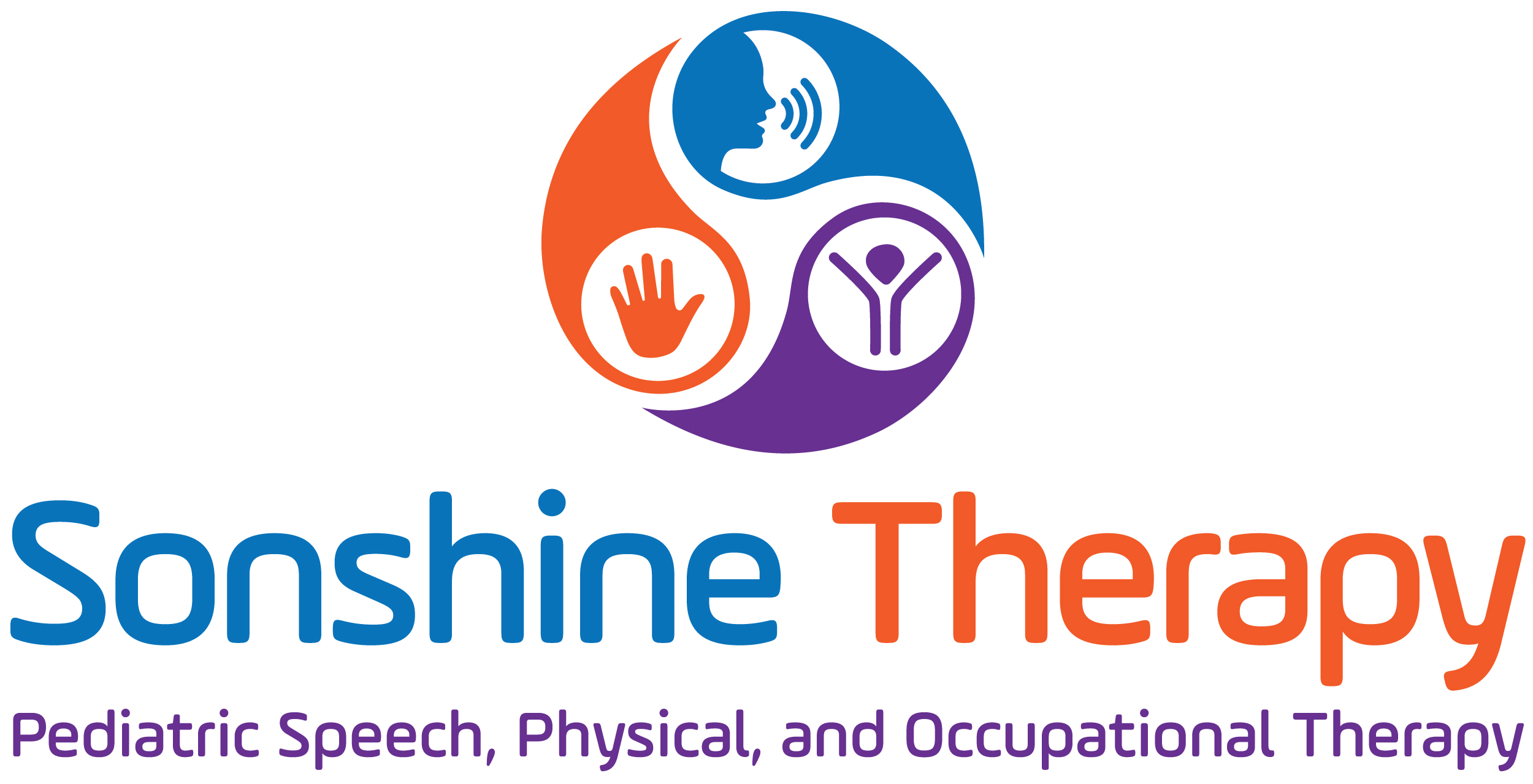Toddlers have always been picky eaters who would happily devour chicken nuggets, fries, and pancakes any time of the day, whether breakfast, lunch, or dinner but the moment you give them veggies or something different, they will throw a tantrum. It can feel like an exercise in despair trying to get your child to finish his plate at every meal. However, some children’s poor eating habits aren’t always “normal,” which can indicate that your child needs professional help. Here are five signs that suggest that your child’s eating habits aren’t regular and that they need therapy.
Your child is cranky during mealtime:
This might be a confusing one since toddlers are cranky for multiple reasons. Would you please take notice of your child’s mood during, before, and after mealtime and observe the difference between them? Is the attitude constant throughout the three phases, or is it normal before and after meals but grumpy during it? If the answer is the latter one, it means food and mealtime spoil your child’s mood, making them throw food and utensils around, cry, or refuse to sit at the table.
Your child’s growth is too slow:
If fast metabolism and slow growth run in the family, you can skip this one. This sign is for mothers with multiple children with sound development, but one of them lacks behind despite everything the mother tries. Children with eating disorders tend to stay unhealthy with prolonged growth; hence be wary of how the food you give your child affects their development.
Your child is extremely picky and choosey:
Although many children are choosey for their favorite food, there might be an issue if your child doesn’t compromise on anything. Children who require feeding therapy often limit the number of food items they willingly eat and refuse to try anything other than the taste and texture they’re accustomed to. If your child faces the same condition, get them checked immediately.
Your child vomits out food after eating:
Vomiting isn’t always sudden or involuntarily. Sometimes, children often puke out the food they did not enjoy after you force-feed them. Some people argue that it’s common for toddlers to throw up; however, if you observe a pattern where your child throws up after every meal, it might be early-stage bulimia that needs to be addressed immediately. Consult a pediatrician if you think your child deliberately forces out the food you feed them.
Your child focuses more on primary milk or liquids:
Young kids love having juices and milk, which isn’t wrong but only consuming beverages might cause concern for mothers. If your child relies exclusively on drinks, it’s time for you to consult a pediatrician and get them checked.

